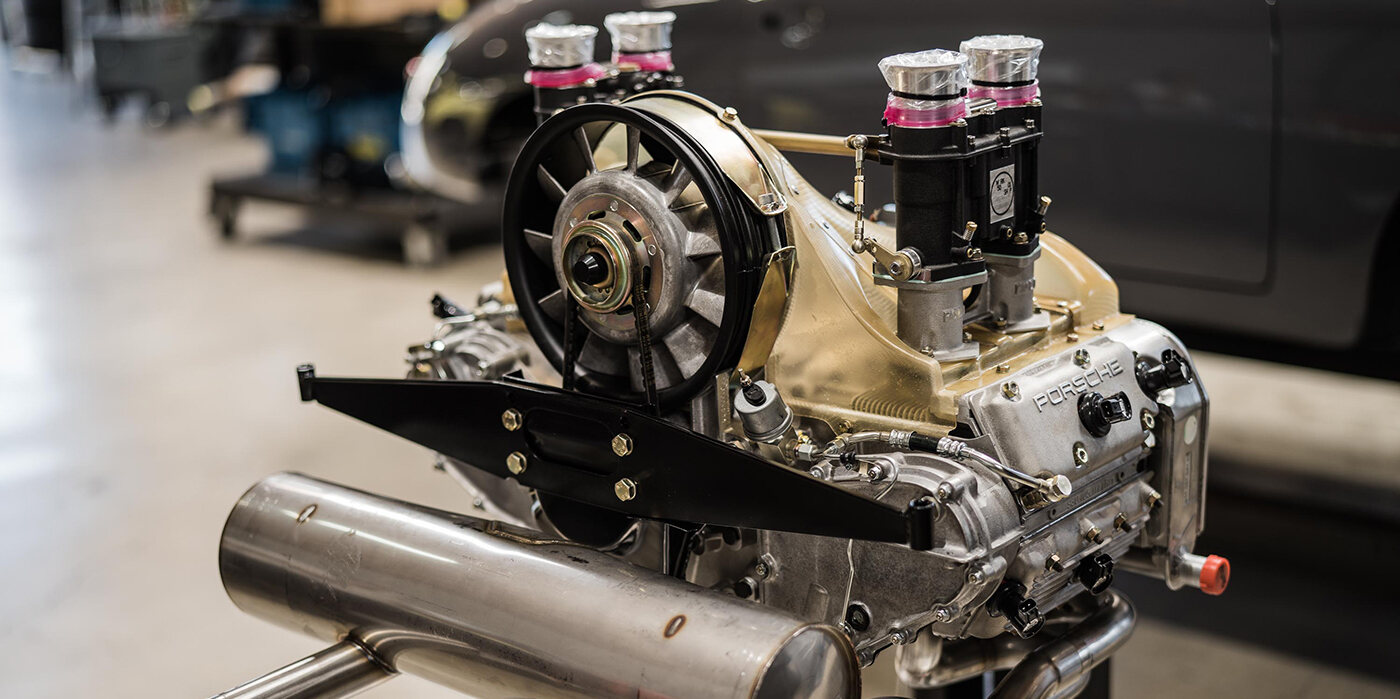Tips for Preserving a High-Performance Engine in Your Polo 4
Maintaining a high-performance engine in your Polo 4 needs a methodical approach to guarantee long life and efficiency. As we check out these necessary upkeep tips, take into consideration exactly how each one adds to the total health and wellness of your engine.
Normal Oil Changes
How typically should you prioritize oil modifications for optimal engine performance? Routine oil changes are necessary for maintaining the wellness and effectiveness of your Polo 4's engine. Generally, it is recommended to change the oil every 5,000 to 7,500 miles, although this may vary based on driving practices and the kind of oil used. Artificial oils, for example, can prolong the period as a result of their exceptional buildings.
Regular oil changes aid eliminate pollutants and sludge that build up with time, guaranteeing that your engine operates smoothly. Clean oil lubes the inner parts, reducing rubbing and wear, which straight adds to the long life and efficiency of the engine. Overlooking this vital maintenance can lead to enhanced engine temperatures and ultimately cause pricey fixings.
Additionally, keeping track of the oil level and top quality on a regular basis can offer insights right into your engine's condition. If the oil appears abrasive and dark or if the level is constantly reduced, it may indicate underlying concerns that need addressing. Prioritizing normal oil adjustments is a simple yet important action in making sure that your Polo 4 supplies optimal performance, effectiveness, and integrity throughout its lifespan.
Air Filter Maintenance
The air filter in your Polo 4 plays a crucial duty in preserving engine performance, as it ensures that just tidy air enters the engine for optimal combustion. A clean air filter permits for enhanced airflow, which can boost engine efficiency and power outcome. Overlooking air filter maintenance can bring about lowered performance, raised fuel intake, and potential engine damages.
To maintain the air filter, it is important to examine it frequently, preferably every 10,000 to 15,000 miles or as advised in your proprietor's handbook. When checking the air filter, look for indications of dirt accumulation, damage, or excessive wear. It ought to be replaced to make sure proper airflow. if the filter shows up filthy or blocked.
When changing the air filter, always utilize a high-quality OEM or suitable filter to maintain the engine's efficiency requirements. Furthermore, take into consideration cleansing the air filter if it is reusable, complying with the maker's standards for cleansing and reinstallation.
Gas System Care
A reliable and clean gas system ensures optimum gas combustion, boosting engine power and gas performance. Begin by regularly inspecting and replacing try this site the fuel filter, as a blocked filter can restrict gas circulation, leading to engine performance problems (Polo 4).
Furthermore, think about using top notch gas that contains detergents created to keep your gas injectors clean. Over time, down payments can gather in the fuel system, causing poor engine efficiency and raised emissions. To combat this, include a gas system cleaner periodically to get rid of these down payments and maintain injector performance.
Additionally, inspect fuel lines for any kind of signs of leakages or wear, as harmed lines can bring about sustain loss and safety dangers. Finally, make sure that the fuel tank is maintained the very least a quarter complete to avoid sediment from clogging the gas filter and to keep the gas pump's cooling capability. By adhering to these methods, you can ensure that your gas system remains in peak condition, contributing to the overall performance of your Polo 4.
Cooling System Checks
Making certain the cooling system in your Polo 4 operates effectively is essential for preventing engine overheating and maintaining optimum performance (Polo 4). Normal checks of the air conditioning system elements, including the radiator, tubes, and coolant degrees, are important to ensure and avoid expensive fixings durability
Begin by checking the coolant degree in the storage tank. It must fall within the advised array; if it's reduced, leading it up with the appropriate coolant mixture. Next off, take a look at the condition of the hose pipes for any type of indications of wear, such as fractures or lumps, which may result in leaks. Changing damaged hose pipes promptly can prevent engine damage.
In addition, inspect the radiator for any debris or obstructions that can impede air flow. A clean radiator advertises reliable air conditioning. Focus on the thermostat too; guarantee it opens and shuts effectively to manage the engine temperature effectively.

Conclusion
In conclusion, maintaining a high-performance engine in the Polo 4 requires adherence to a structured maintenance routine. These steps collectively contribute to optimum engine efficiency and longevity, ensuring that the car runs successfully and reliably over time.
The air filter in your Polo 4 plays a critical duty in keeping engine performance, as it makes certain that just tidy air enters the engine for optimal burning. Disregarding air filter maintenance can lead to decreased efficiency, enhanced gas intake, and possible engine damages.
